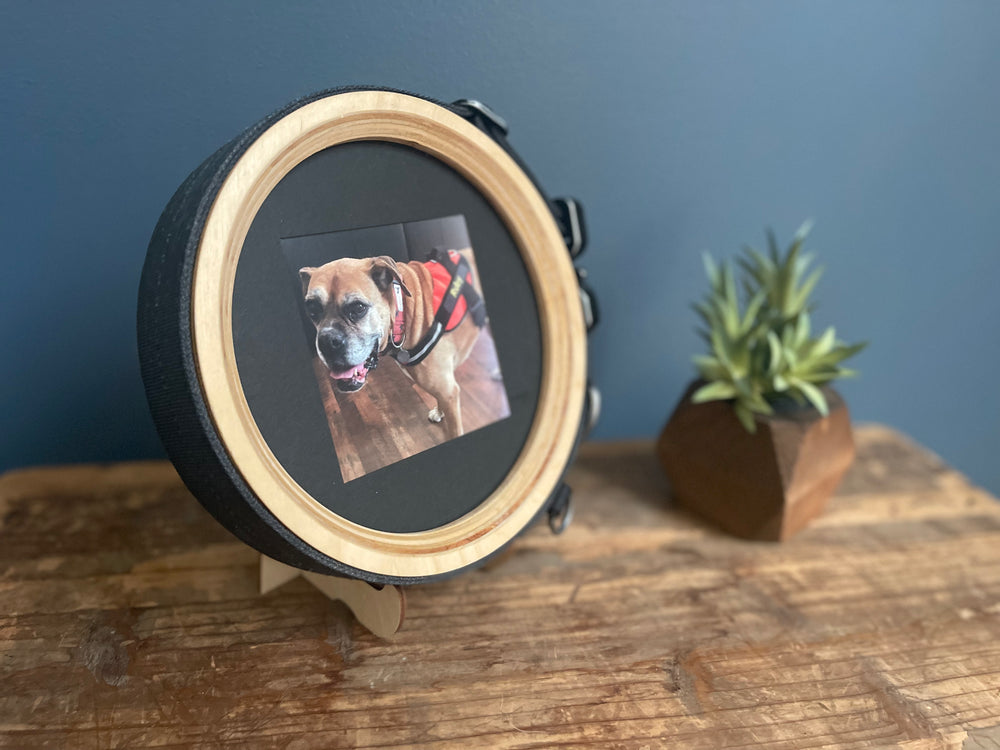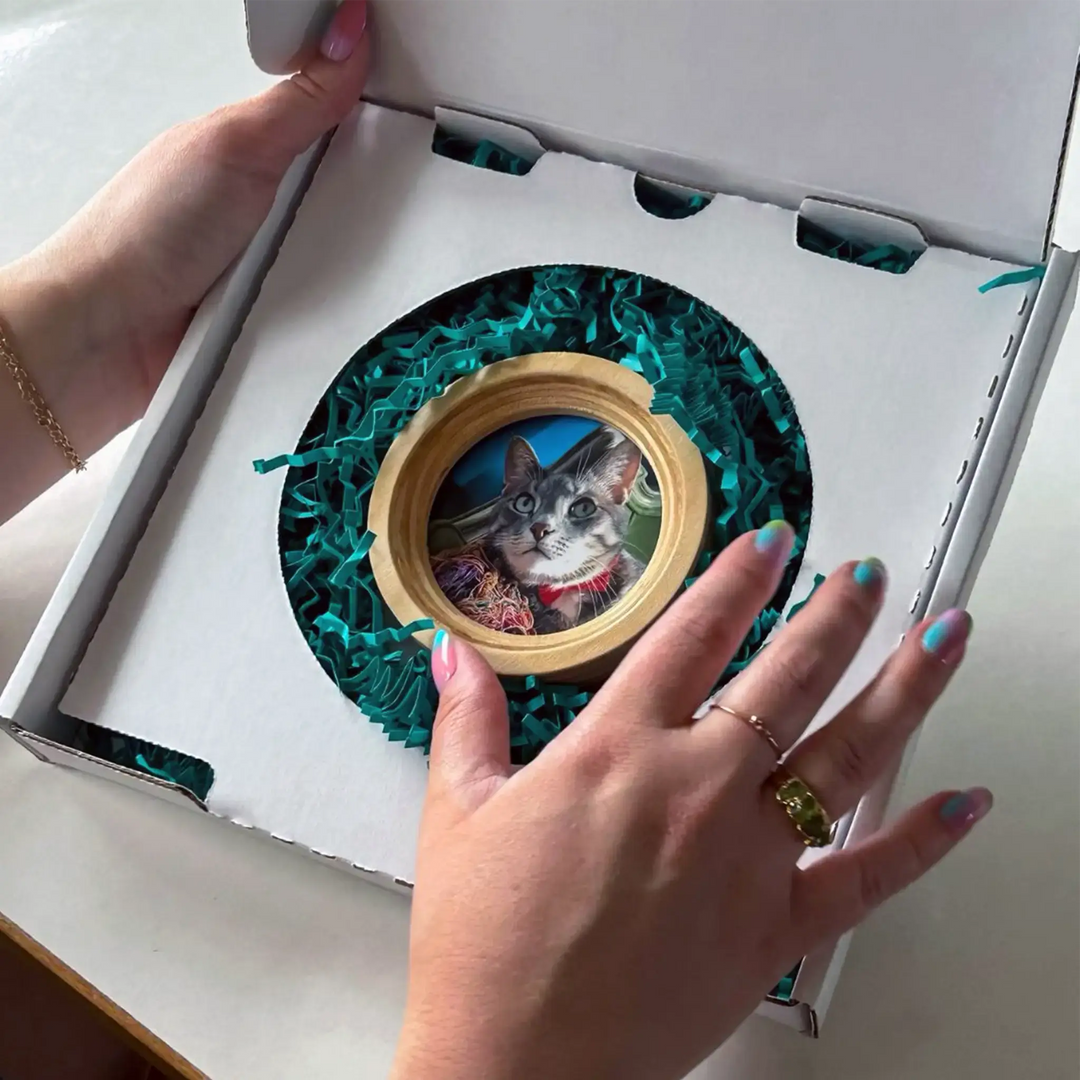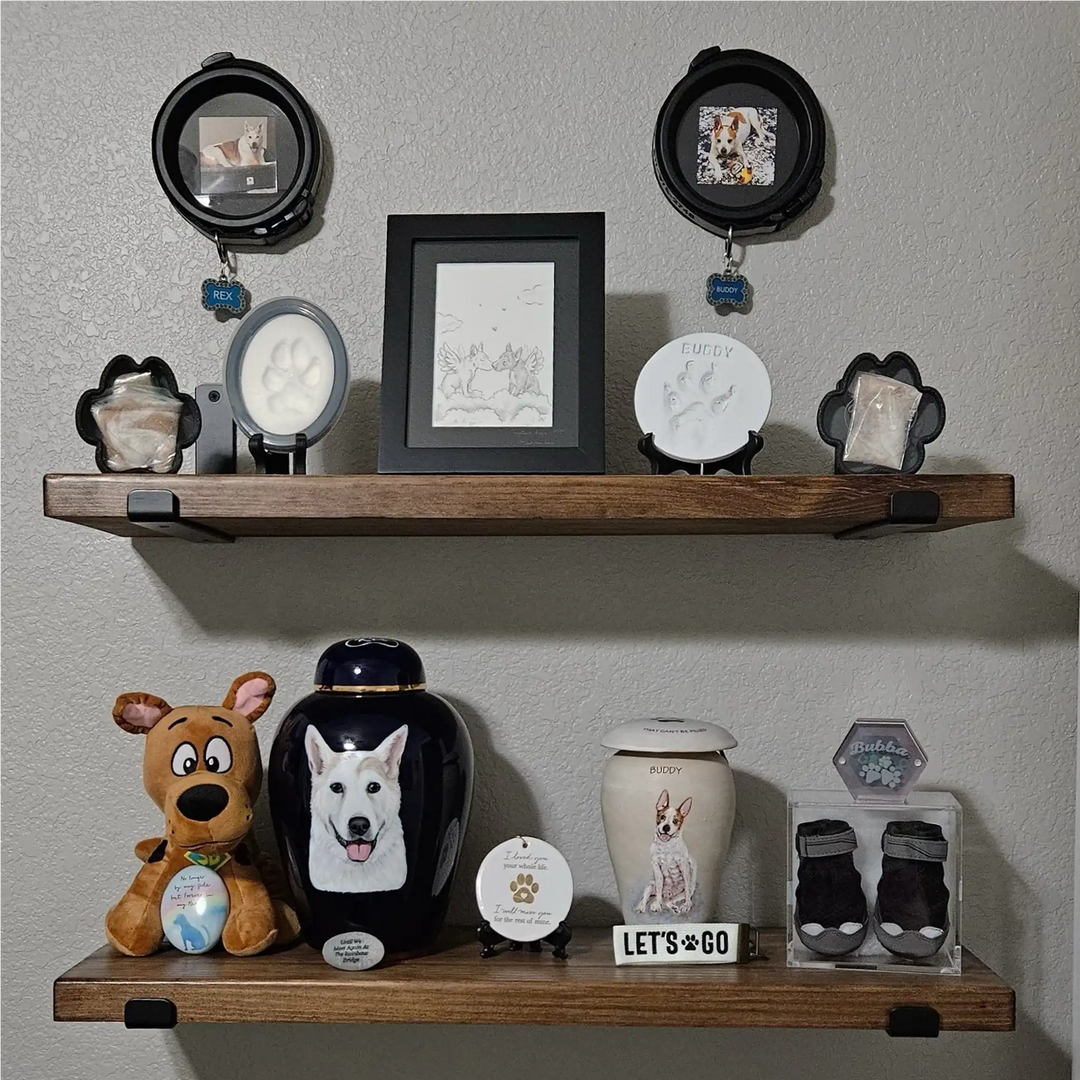Managing Senior Pet Anxiety: How to Comfort Your Aging Companion
As our pets grow older, their needs change—sometimes in ways we don’t expect. Many senior pets experience increased anxiety, whether due to cognitive decline, changes in vision or hearing, mobility struggles, or simply feeling less secure in their environment. If you’ve noticed your senior dog or cat becoming restless, clingy, or more easily startled, you’re not alone.
Anxiety in aging pets can be distressing for both pet parents and their beloved companions, but there are ways to help them feel safer and more comfortable.
Signs of Anxiety in Senior Pets
It’s important to recognize when anxiety might be affecting your aging pet. Some common signs include:
🐾 Increased vocalization – Whining, howling, or barking more often, especially at night.
🐾 Clinginess – Following you around more than usual, struggling when left alone.
🐾 Restlessness & pacing – Difficulty settling down, especially at night.
🐾 Destructive behaviors – Chewing, scratching, or tearing up bedding and toys.
🐾 Changes in sleep patterns – Sleeping more during the day but staying awake at night.
Ways to Help Calm an Anxious Senior Pet
🏡 Create a Safe & Comfortable Space
Making small adjustments at home can help ease your pet’s anxiety. Try:
- Providing orthopedic beds for extra comfort.
- Adding rugs or non-slip mats to prevent slipping.
- Keeping their sleeping area familiar and cozy—avoid major changes to their environment.
🎵 Use Calming Sounds & Scents
Soothing sounds and scents can help ease stress:
- Try white noise machines, classical music, or heartbeat sound toys to create a calming atmosphere.
- Lavender or chamomile scents (in pet-safe diffusers or sprays) may have a relaxing effect.
🌿 Consider Anxiety-Reducing Aids
Many natural remedies and vet-recommended products can help:
- Calming supplements & chews with melatonin, L-theanine, or CBD.
- Adaptil (for dogs) or Feliway (for cats) pheromone diffusers.
- Weighted blankets or compression wraps like a ThunderShirt.
🐕 Gentle Exercise & Mental Stimulation
Keeping your senior pet engaged without overwhelming them is key:
- Short, slow walks with plenty of sniffing time.
- Puzzle feeders or snuffle mats to encourage mental engagement.
- Gentle massage to soothe aching muscles and provide comfort.
🌙 Support Sleep & Nighttime Anxiety
Many senior pets experience increased anxiety at night. To help:
- Stick to a consistent bedtime routine.
- Use a nightlight if vision loss is a concern.
- Offer a heated bed or cuddly stuffed toy for comfort.
When to Talk to Your Vet
If your pet’s anxiety becomes severe or is affecting their quality of life, speak with your vet. They can check for underlying health issues and discuss options like prescription medications or alternative therapies (such as acupuncture or laser therapy).
Final Thoughts: Be Patient & Gentle
Watching our pets grow older is emotional, and it’s hard to see them struggle. But with a little extra care and reassurance, we can help them feel safe, comfortable, and loved in their golden years.
💙 Have you helped a senior pet through anxiety? What worked for you? Share your experiences in the comments or our Pet Parent Support Group so we can learn from each other! 🐾
The content on this blog is not to be taken as advice. All information posted is for informational and educational purposes. It is not intended as a substitute for professional advice. Whisker & Fang management and staff are not responsible for how the information found here is used. If you need help, please seek professional counsel from a mental health professional.






Leave a comment